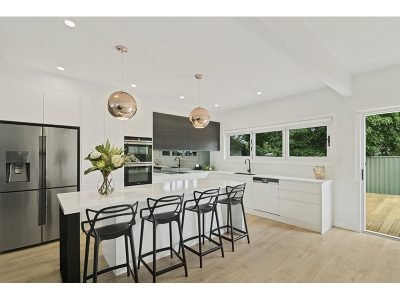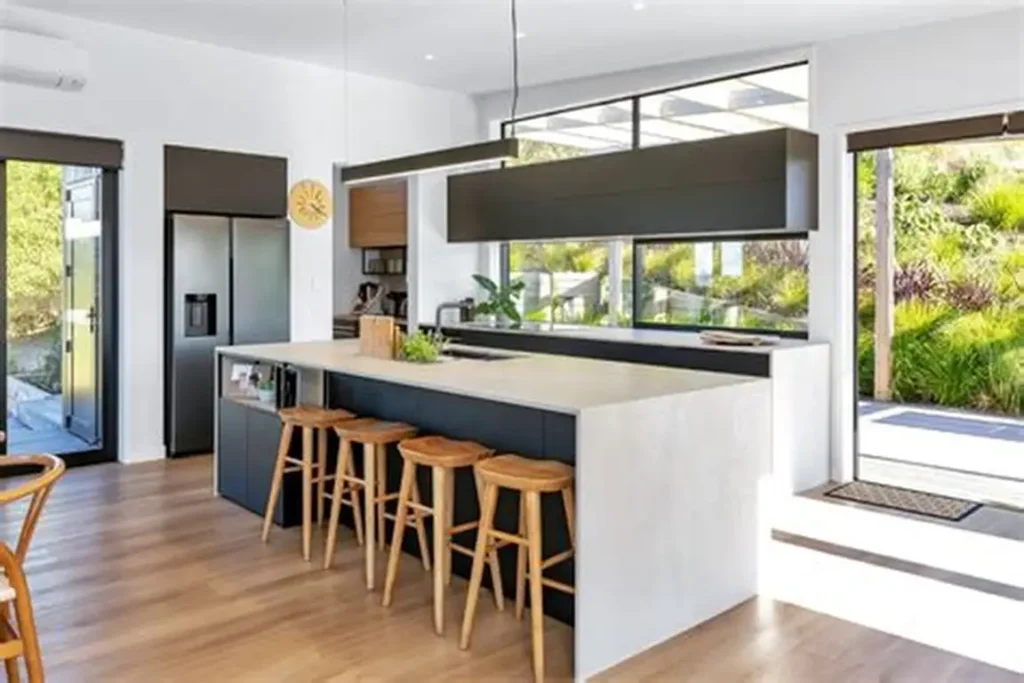Granite is one of the most durable and visually stunning natural stones on Earth. Known for its exceptional hardness, resistance to scratches, and long-lasting beauty, granite is a top choice for everything from kitchen countertops to commercial applications. But what makes granite so hard? In this article, we’ll break down the hardness of granite, its mineral components, and how its durability compares with other stones.

Understanding Granite Hardness
What Does “Hardness” Mean in Geology?
In geology, hardness refers to a material’s resistance to scratching. The most widely used scale to measure this is the Mohs Hardness Scale, which ranges from 1 (talc) to 10 (diamond).
Granite on the Mohs Hardness Scale
Granite ranks between 6 and 7 on the Mohs scale. This high ranking is due to its mineral composition:
- Quartz: 7 on the Mohs scale
- Feldspar: 6–6.5 on the Mohs scale
- Mica and other minerals: 2.5–3
Quartz and feldspar make up the bulk of granite, making it significantly harder than most common materials.
Stone fabricator professionals often recommend granite for high-use surfaces specifically because of this hardness.

Granite Stone Composition and Structure
Granite Geology and Composition
Granite is an igneous rock formed from the slow crystallization of magma beneath the Earth’s surface. It’s composed mainly of:
- Quartz
- Feldspar (orthoclase and plagioclase)
- Mica (biotite or muscovite)
This unique blend of minerals gives granite its characteristic grainy texture and exceptional strength.
Characteristics of Granite
- Durable and highly resistant to scratching
- Heat-resistant, making it ideal for kitchens
- Moisture-resistant when properly sealed
- Visually versatile, available in black, white, green, grey, and even blue shades
Explore the Aardwolf granite countertop collection for a wide variety of textures and colors.
Comparing Granite with Other Stones
Granite vs. Quartz Countertops
- Hardness: Quartz is slightly harder (Mohs 7) but not by a significant margin
- Appearance: Granite has natural veining; quartz can be more uniform
- Maintenance: Quartz doesn’t require sealing, but granite does
Granite vs. Marble: Pros and Cons
- Hardness: Marble is softer (Mohs 3–5), making granite more scratch-resistant
- Etching: Marble is more prone to etching from acids
Granite vs. Soapstone Durability
- Soapstone is softer (Mohs 1–3), but resistant to chemicals and stains
- Granite is more scratch-resistant and better for high-traffic areas
Granite Better Than Concrete Countertops?
- Granite is denser and stronger
- Concrete can be customized more easily but requires frequent sealing
Granite in Home Applications
Clean Granite Countertops
To preserve hardness and finish:
- Use mild soap and water
- Avoid abrasive cleaners
Sealing Granite
Regular sealing prevents moisture absorption and stain penetration.
Polishing Granite Surfaces
Use granite-specific polish to enhance luster and surface hardness.
Repairing Chips in Granite
Minor chips can be filled with epoxy; professional services ensure color match and durability.
How much does granite weigh? How much does a slab of granite weigh?
Granite Slab Thickness and Weight
Granite’s density directly correlates with its weight and durability. A standard 3cm thick slab weighs around 18 to 20 pounds per square foot.
Visit Aardwolf premium granite slabs for full product specifications.
Matching Granite with Design Elements
White Granite Countertop Styles
Bright and versatile, ideal for minimalist and Scandinavian themes.
Black Granite Countertops
Bold and luxurious, perfect for contemporary or industrial kitchens.
Granite Backsplash Designs
- Full-slab backsplashes
- Mosaic tile borders
- Matte or polished finishes
Pairing Granite with Cabinet Colors
- White cabinets with black granite = high contrast elegance
- Natural wood cabinets with white granite = warm and balanced
What Color Paint Goes With Black and Brown Granite Countertops?
How to Update a Kitchen with Brown, Black, or Grey Granite Countertops?
How to Update Old/Outdated Granite Countertops Without Replacing?
Granite Pricing and Suppliers
Granite Countertop Cost
Factors include:
- Slab size and thickness
- Origin of the stone
- Color rarity and pattern complexity
Where to Buy Granite Countertops
- Local fabricators
- Online stone suppliers
- Wholesale granite suppliers
Affordable Granite Countertop Options
- Prefabricated slabs
- Remnants for smaller installations
- Simpler edge finishes
Explore the Aardwolf granite pricing guide for competitive quotes and bulk offers.
Conclusion: Granite’s Hardness Makes It a Top Performer
Granite’s impressive score on the Mohs scale, combined with its density, resistance to wear, and unmatched visual appeal, makes it a superior choice for both residential and commercial spaces. Whether you’re selecting a kitchen surface or a flooring solution, granite offers a long-lasting investment.

